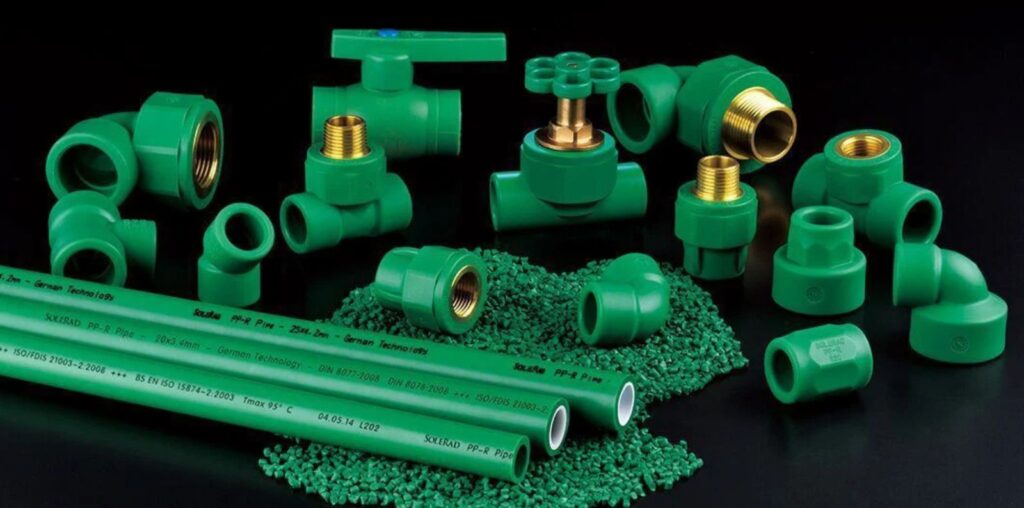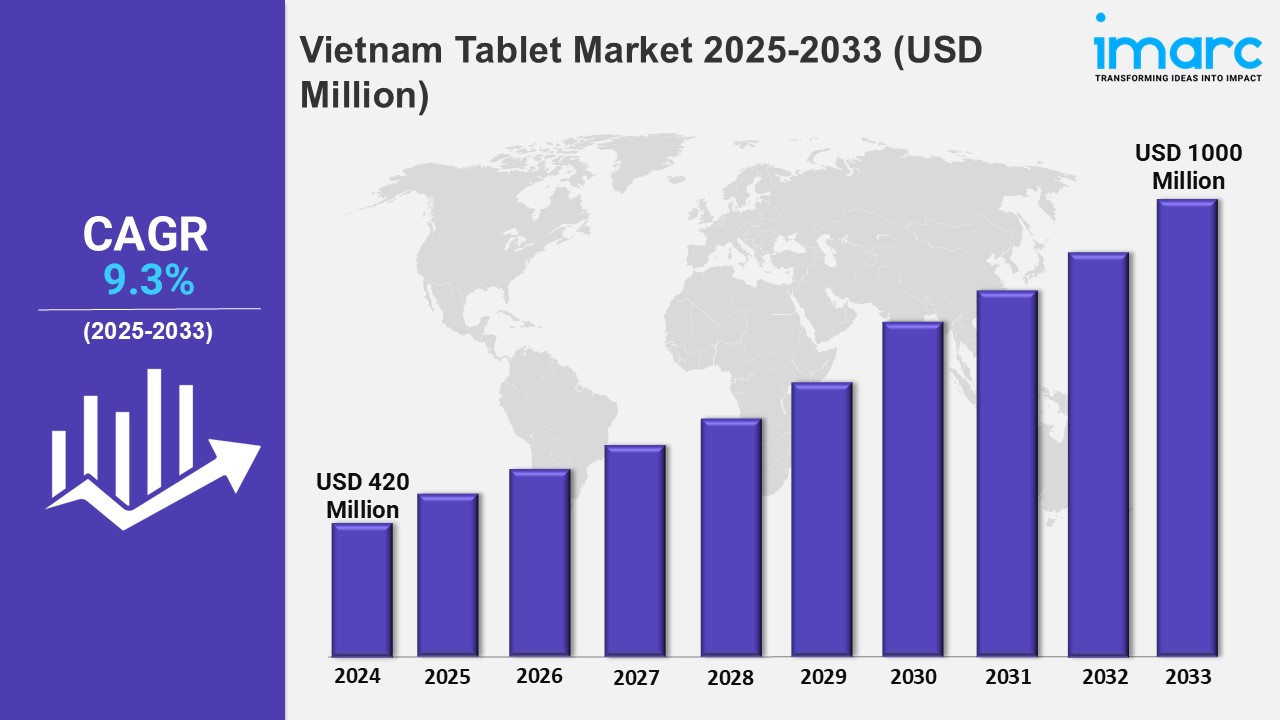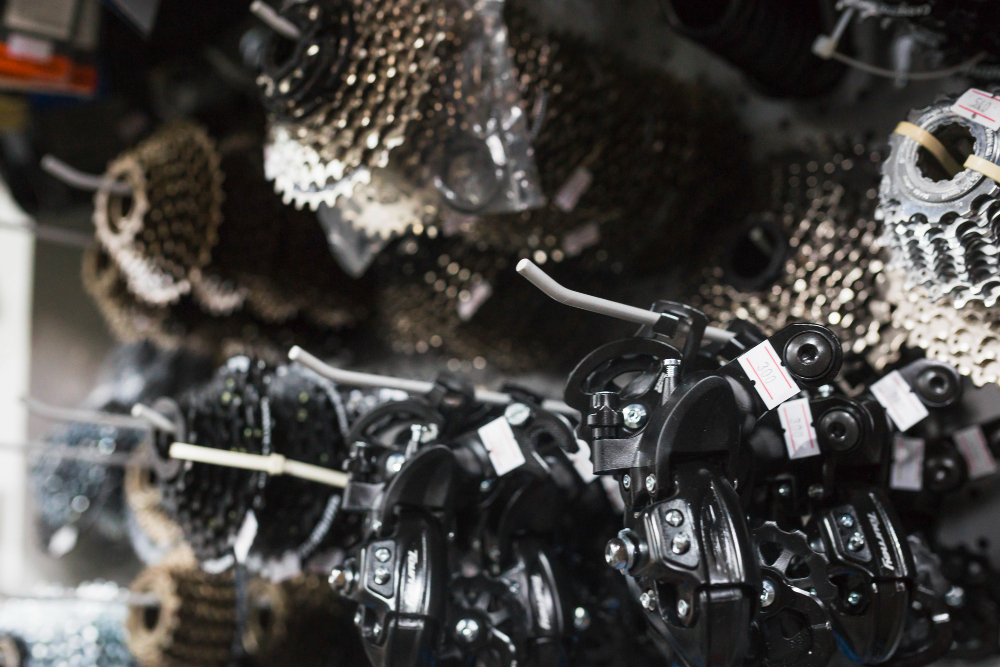PPR pipes and fittings are becoming increasingly popular for residential, commercial, and industrial plumbing due to their exceptional durability, ease of installation, and resistance to wear and tear. They are manufactured using polypropylene, a thermoplastic polymer that offers superior performance in demanding plumbing applications. As one of the most efficient and long-lasting plumbing solutions available today, PPR pipes are revolutionizing the way we think about plumbing systems.
In this blog, we will explore the various aspects of PPR pipes and fittings, their benefits, and how they are changing the landscape of plumbing in both residential and commercial spaces. Additionally, we will touch on the role of leading pipe manufacturing companies in India and how they contribute to the growing popularity of PPR pipes.
What Are PPR Pipes?
PPR pipes, or Polypropylene Random Copolymer pipes, are a type of plastic piping that has gained widespread use in plumbing systems due to their unique combination of benefits. These pipes are made from a high-quality thermoplastic material that is durable, resistant to corrosion, and capable of withstanding high temperatures and pressures. PPR pipes are commonly used for both hot and cold water systems, as well as for heating and cooling applications.
Unlike traditional materials such as copper or PVC, PPR pipes are flexible and easy to work with, which makes installation a breeze. They are available in various sizes and thicknesses, making them suitable for a wide range of plumbing projects, from small residential installations to large-scale industrial systems.
The Benefits of PPR Pipes
There are several advantages to using PPR pipes over other types of plumbing materials. Below are several significant advantages:
-
Durability and Longevity: PPR pipes are incredibly durable and can last for decades with proper maintenance. Unlike metal pipes that are prone to rust, corrosion, and scaling, PPR pipes are resistant to these issues. They can withstand high pressures and temperatures, making them ideal for both residential and industrial plumbing applications.
-
Corrosion Resistance: One of the main advantages of PPR pipes is their resistance to corrosion. Unlike traditional metal pipes, PPR pipes do not rust or corrode over time, even when exposed to moisture and harsh chemicals. This makes them perfect for use in water supply systems, where corrosion can cause serious issues like leaks, reduced flow, and contamination.
-
High Temperature Resistance: PPR pipes are capable of withstanding high temperatures, making them suitable for hot water systems and industrial applications where heat is a concern. They can handle temperatures up to 95°C (203°F) without compromising their structural integrity.
-
Cost-Effective: PPR pipes are an affordable option compared to other materials like copper and stainless steel. Their low cost, combined with their long lifespan and minimal maintenance requirements, makes them a cost-effective solution for plumbing systems.
-
Environmentally Friendly: PPR pipes are made from recyclable materials, making them an eco-friendly option for plumbing. Additionally, because they are resistant to corrosion and scaling, PPR pipes help reduce water wastage and energy consumption by ensuring a consistent flow of water throughout the system.
-
Ease of Installation: PPR pipes are lightweight and easy to install. They require minimal tools and can be joined using heat fusion welding, which creates a strong, leak-proof bond. This process eliminates the need for additional fittings and adhesives, making installation faster and more efficient.
PPR Fittings: The Key to a Reliable Plumbing System
While PPR pipes are an essential component of any plumbing system, PPR fittings play a crucial role in ensuring that the system functions properly. PPR fittings are used to connect different sections of pipe and allow for changes in direction, size, or flow. These fittings come in a wide variety of shapes and sizes, including elbows, tees, couplings, reducers, and more.
PPR fittings are made from the same high-quality polypropylene material as the pipes, ensuring that they offer the same level of durability, resistance to corrosion, and high-temperature tolerance. When combined with PPR pipes, these fittings create a seamless, efficient, and long-lasting plumbing system.
Applications of PPR Pipes and Fittings
PPR pipes and fittings are used in a wide range of applications, from residential plumbing to large-scale industrial installations. Some common uses include:
-
Residential Plumbing: PPR pipes are widely used in residential plumbing systems for both hot and cold water supply. Their ability to withstand high temperatures makes them ideal for hot water systems, including underfloor heating and central heating systems.
-
Commercial Plumbing: PPR pipes are also used in commercial buildings, including offices, hotels, and hospitals, where efficient water distribution is crucial. Their durability and resistance to corrosion make them perfect for high-demand commercial plumbing applications.
-
Industrial Applications: In industries such as food processing, chemical manufacturing, and pharmaceuticals, PPR pipes and fittings are used to transport water, chemicals, and other liquids. Their resistance to high temperatures and harsh chemicals makes them a reliable choice for industrial plumbing.
-
Agricultural Applications: PPR pipes are also used in agricultural systems, including irrigation and water supply systems. Their resistance to corrosion ensures that they can withstand the harsh outdoor environment and provide a consistent water supply for crops.
Choosing the Right PPR Pipes and Fittings
When selecting PPR pipes and fittings for your plumbing system, it is essential to choose products from a reputable pipes manufacturing company. A leading pipes manufacturing company in India will offer high-quality PPR pipes and fittings that meet international standards, ensuring that your plumbing system is built to last.
Consider the following factors when choosing PPR pipes and fittings:
- Quality Standards: Look for pipes and fittings that are manufactured according to industry standards, such as ISO 9001 and ISO 14001.
- Size and Type: Ensure that the pipes and fittings you choose are suitable for your specific application, whether it’s residential, commercial, or industrial.
- Manufacturer Reputation: Choose a reputable manufacturer with a proven track record of producing high-quality PPR pipes and fittings.
- Warranty and Support: Ensure that the manufacturer offers a warranty and customer support in case of any issues with the products.
The Future of PPR Pipes and Fittings
As the demand for durable, cost-effective, and eco-friendly plumbing solutions continues to grow, PPR pipes and fittings are poised to play an even larger role in the plumbing industry. The increasing popularity of these products can be attributed to their ability to meet the evolving needs of modern plumbing systems, including energy efficiency, sustainability, and long-term performance.
As leading pipes manufacturing company in India continue to innovate and improve the production of PPR pipes and fittings, we can expect even greater advancements in the material’s performance and applications. PPR pipes will continue to be a preferred choice for residential, commercial, and industrial plumbing projects, providing reliable, cost-effective solutions for years to come.
Conclusion
In conclusion, PPR pipes and fittings are transforming the plumbing industry with their exceptional durability, high-temperature resistance, corrosion resistance, and ease of installation. Whether you’re upgrading your home plumbing system or working on a large-scale industrial project, PPR pipes provide a reliable and cost-effective solution that meets the demands of modern plumbing.
When choosing PPR pipes and fittings, it is important to source them from a pipes manufacturing company in India that adheres to high-quality standards and offers excellent customer support. By doing so, you can ensure that your plumbing system is built to last and operates efficiently for years to come.



